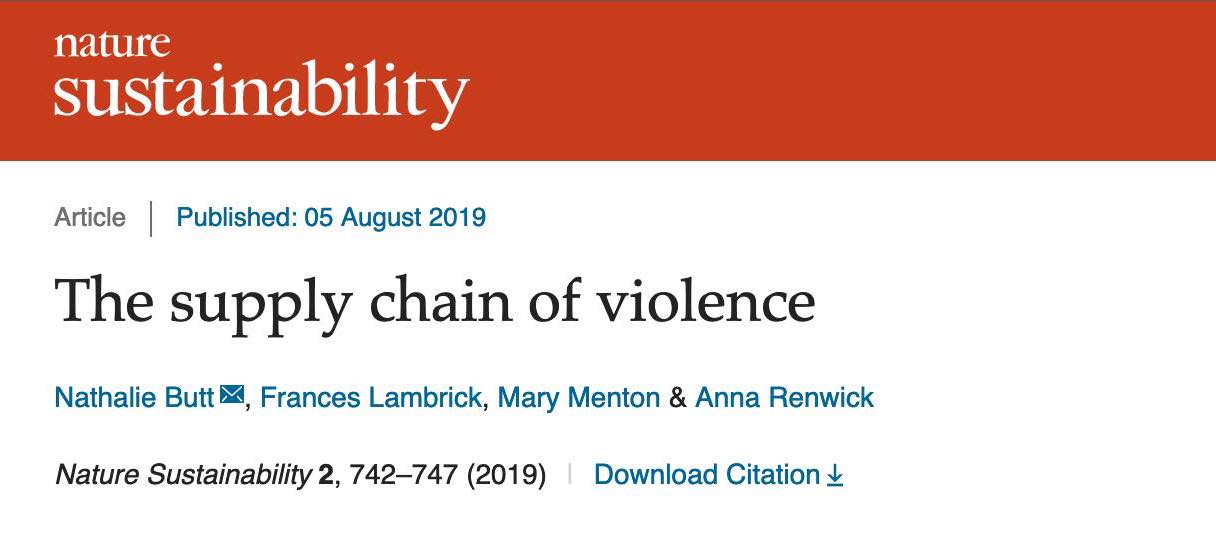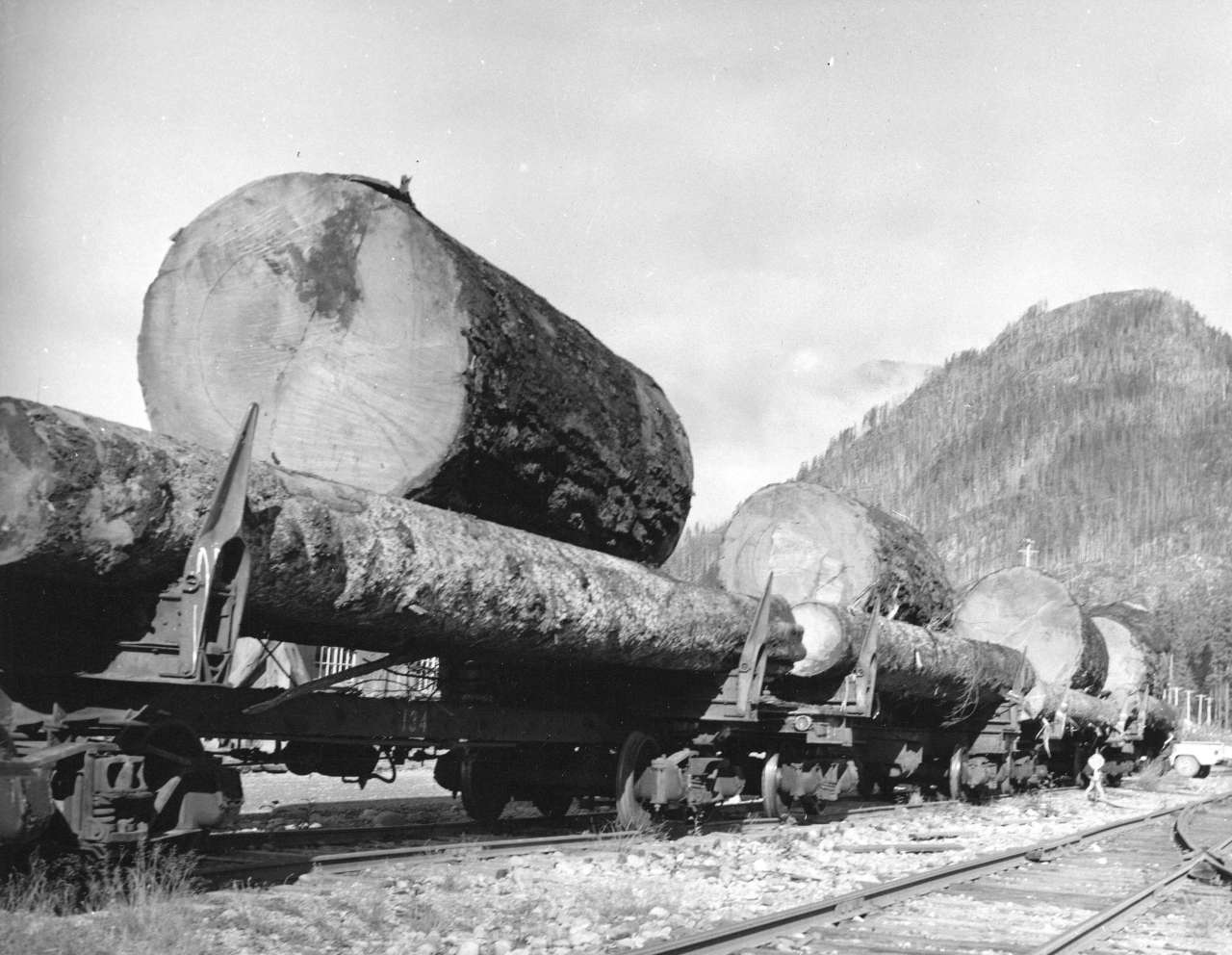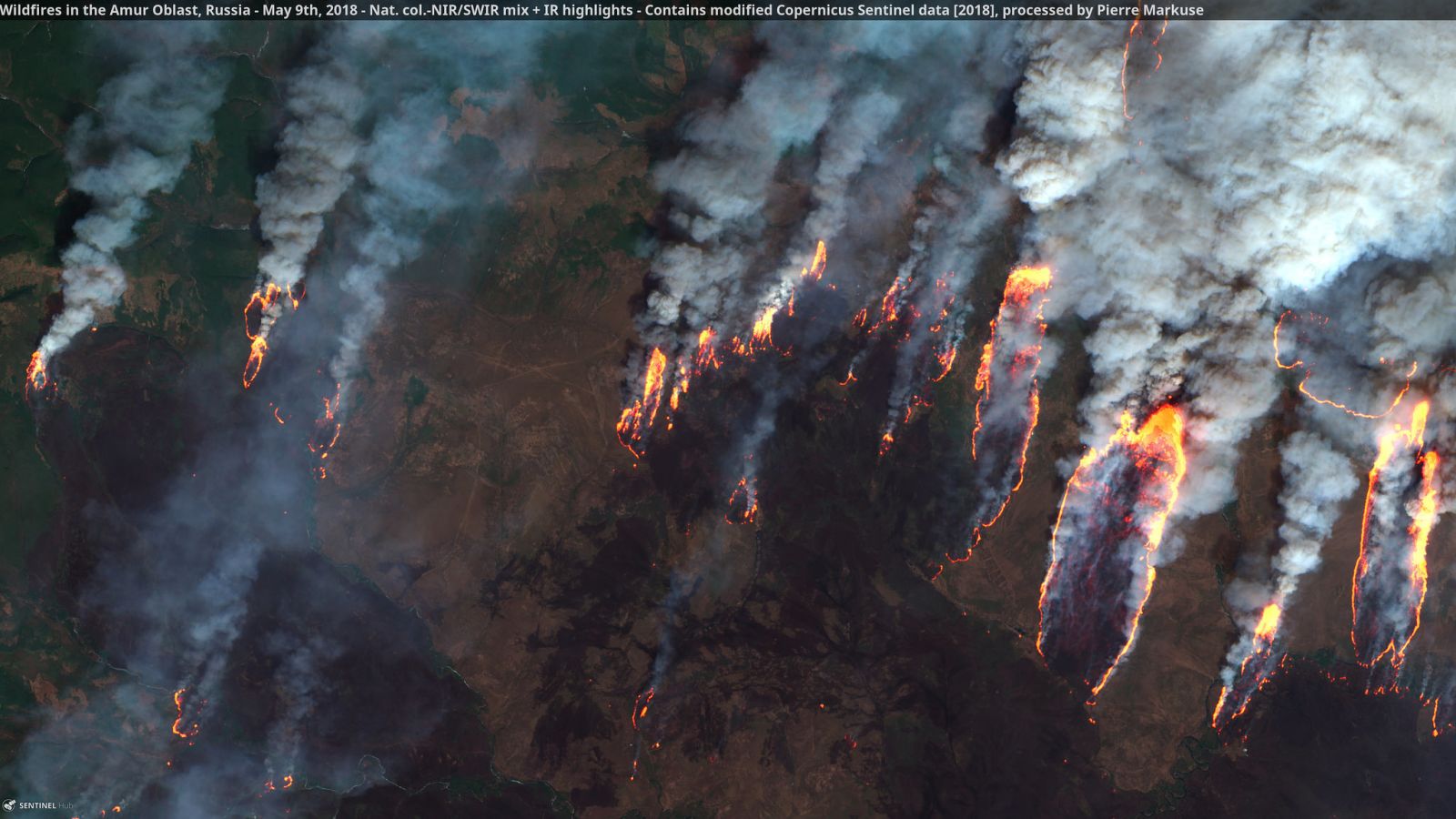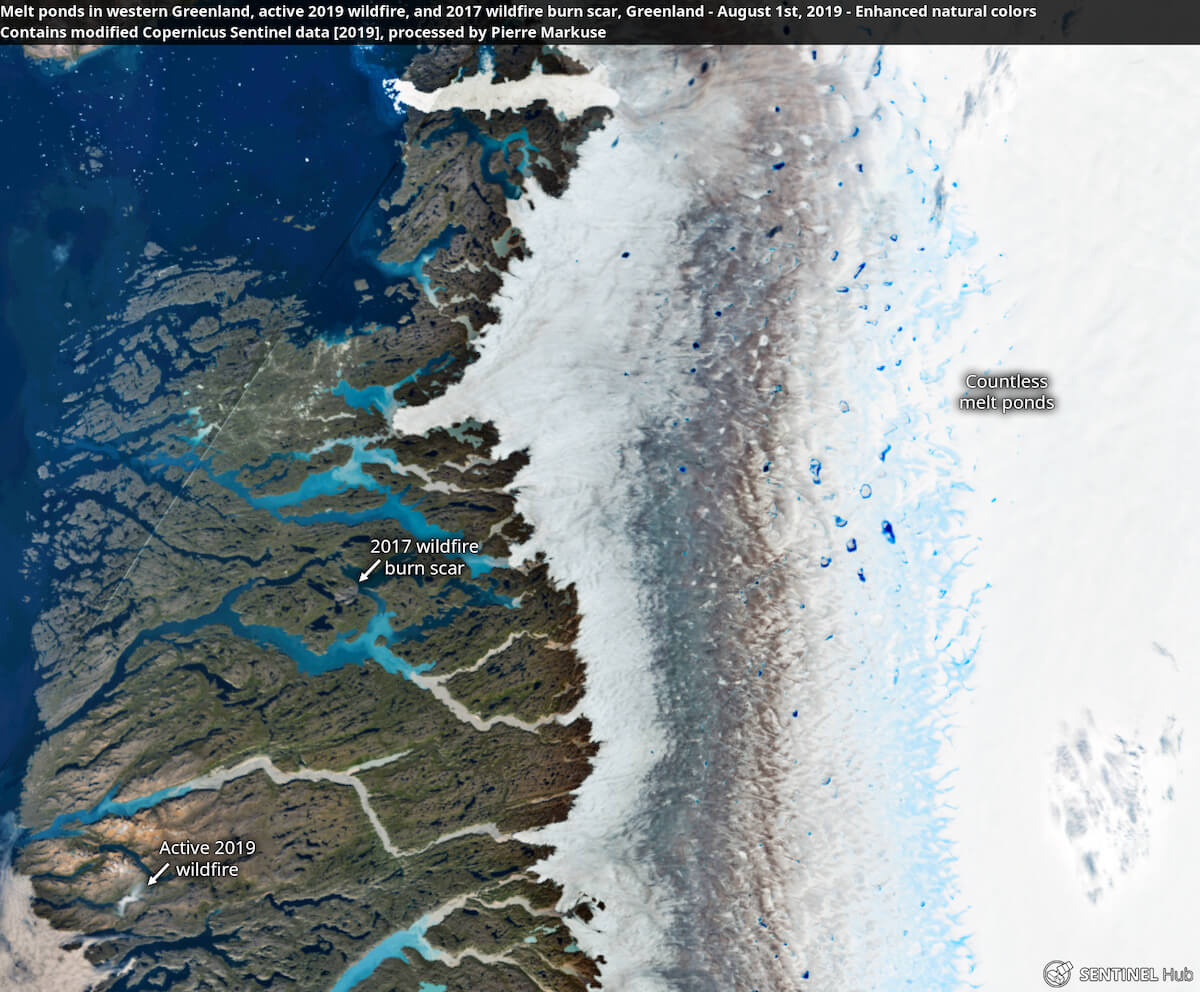
by DGR News Service | Aug 23, 2019 | Direct Action, People of Color & Anti-racism, Strategy & Analysis, White Supremacy
By Norris Thomlinson / Originally published on DGR Hawaii / Featured image by Angela Davis, CC BY 4.0
Once you understand something about the history of a people, their heroes, their hardships and their sacrifices, it’s easier to struggle with them, to support their struggle. For a lot of people in this country, people who live in other places have no faces.”
–Assata Shakur
A World Apart

I grew up in the same country as Assata Shakur, but as a poor black woman, her autobiography reveals an experience a world apart from my own middle class, white male upbringing. She ably captures these differences in a series of anecdotes revealing that she did in fact grow up in a different country: “amerika”, while I enjoyed the facades of democracy, peace, and justice in America. I’ve been aware of the shocking statistics of incarceration rates of people of color, disproportionate distribution of wealth, heartbreaking inequity in education systems, increased exposure to toxins, decreased lifespans, and on and on. But I haven’t read much by black authors about their personal experiences navigating these systems of oppression and injustice. Shakur’s autobiography is surprisingly easy to read and even enjoyable, despite and because of its humorous tragedy, and makes an excellent introduction to a different reality for those of us born into white and/or male privilege.
Beyond her personal insights into the impacts of class, race, and gender, Shakur shares her astute political analysis, and draws a logical line from her childhood acceptance of the systems of America to her adult revolutionary struggle against amerika. Based on voracious reading, observation of the world around her, and careful thinking, she developed a radical analysis of structures of power and how to fight them. She understands that “What we are taught in the public school system is usually inaccurate, disorted, and packed full of outright lies” and that “Belief in these myths can cause us to make serious mistakes in analyzing our current situation and in planning future action.” She links the “interventions” and invasions of the US abroad to its theft of indigenous land and oppression of people of color at home.
Shakur knows none of this is an accident, fixable by asking those in power to change their ways. The people need to fight back, using violence if necessary:
“…the police in the Black communities were nothing but a foreign, occupying army, beating, torturing, and murdering people at whim and without restraint. I despise violence, but i despise it even more when it’s one-sided and used to oppress and repress poor people.”
Horizontal Hostility
Shakur explains that while those in power use schooling, media, the police, and COINTELPRO to divide and conquer those who might oppose them, the solution is simple (though not necessarily easy):
“The first thing the enemy tries to do is isolate revolutionaries from the masses of people, making us horrible and hideous monsters so that our people will hate us.”
“It’s got to be one of the most basic principles of living: always decide who your enemies are for yourself, and never let your enemies choose your enemies for you.”
“Some of the laws of revolution are so simple they seem impossible. People think that in order for something to work, it has to be complicated, but a lot of times the opposite is true. We usually reach success by putting the simple truths that we know into practice. The basis of any struggle is people coming together to fight against a common enemy.”
“Arrogance was one of the key factors that kept the white left so factionalized. I felt that instead of fighting together against a common enemy, they wasted time quarreling with each other about who had the right line.”
Parallels with Deep Green Resistance
It seems many of Shakur’s insights directly informed the Deep Green Resistance book, or the authors came to the same conclusions after studying similar history. For example, Shakur clearly states the need for a firewall between an aboveground and a belowground:
“An aboveground political organization can’t wage guerrilla war anymore than an underground army can do aboveground political work. Although the two must work together, they must have completely separate structures, and any links between the two must remain secret.”
She sees one of the main flaws of the Black Panther Party as having mixed aboveground political work with a militancy more appropriate for a belowground, especially in attempting to defend their offices at all costs against police raids. While understandable as symbolic of their pride and a willingness to fight for what was theirs, the simple reality was that the Panthers weren’t ready to go up against the military might of the state, and it was suicide to attempt to hold this symbolic territory. In asymmetric warfare, you must give way where the enemy is strong, and strike where the enemy is weak.
Perhaps most importantly, Shakur emphasizes several times the necessity of discipline and of careful, logical, long-term planning. She recounts an embarassing situation where she and some friends smoke marijuana in a public park while carrying radical literature, risking beatings or arrest by relinquishing full control of their faculties. After another revolutionary group helps them out of their precarious situation, a dazed Shakur resolves to take the struggle more seriously. This contrasts sharply with the drug- and sex-fueled Weathermen and their contemporaneous white radicals, whose self-indulgence in machismo and rebelliousness resulted in a strategy of instigating fistfights and rioting in the streets.
It reassures me that so many of Shakur’s hard-won lessons are foundational to Deep Green Resistance, as it reinforces my confidence in DGR as a well-researched analysis of historical movements and a solid guide to proceeding from here:
“There were sisters and brothers who had been so victimized by amerika that they were willing to fight to the death against their oppressors. They were intelligient, courageous and dedicated, willing to make any sacrifice. But we were to find out quickly that courage and dedication were not enough. To win any struggle for liberation, you have to have the way as well as the will, an overall ideology and strategy that stem from a scientific analysis of history and present conditions.
[…]
Every group fighting for freedom is bound to make mistakes, but unless you study the common, fundamental laws of armed revolutionary struggle you are bound to make unnecessary mistakes. Revolutionary war is protracted warfare. It is impossible for us to win quickly. […] One of the hardest lessons we had to learn is that revolutionary struggle is scientific rather than emotional. I’m not saying that we shouldn’t feel anything, but decisions can’t be based on love or on anger. They have to be based on the objective conditions and on what is the rational, unemotional thing to do.”
Read This Book
If you want to better understand racism, read this book. If you enjoy a well-told story of a unique and fascinating life, read this book. If you’re interested in historical revolutionary movements, read this book. If you’re interested in a modern revolutionary movement, read this book, read Deep Green Resistance, and let’s start putting the theory into practice.
“It crosses my mind: i want to win. i don’t want to rebel, i want to win.”
–Assata Shakur

by DGR News Service | Aug 19, 2019 | Colonialism & Conquest
By Jayalaxshmi Mistry / Republished from The Conversation, CC license.
Despite centuries of persecution, indigenous groups still manage or have tenure rights over at least a quarter of the world’s land surface. Often inhabiting these lands as far back as memory extends, they share a deep and unique connection to their environment.
Recently released figures show that indigenous groups are continuing to pay a heavy price for standing up for their ancestral lands. In 2018 alone, at least 164 indigenous people were killed defending the environment, adding to hundreds more deaths in preceding years.
They’re not the only ones – numerous lawyers, park rangers, and journalists have also been killed attempting to protect both resource and biodiversity-rich land from extractive industries. But indigenous groups account for the largest proportion of these killings, in a global battle that according to new research published in Nature is now more lethal than some war zones.
We must make sure that these deaths aren’t in vain. The same key UN report that declared a million animal and plant species as at risk of extinction also highlighted that nature under indigenous control is declining less rapidly than in other lands. It’s time for us to sit up and take note of how they safeguard biodiversity, and why they’re willing to put their lives on the line for nature.
Indigenous knowledge
Sharing a worldview that is centred on the land and their place within it, indigenous knowledge contains two central ideas that place nature front and centre. The first is connectedness. Constantly observing the surrounding environment, indigenous peoples have an intimate understanding of the interconnected nature of all living beings and natural systems. Tied to the changing world, this understanding is thorough but pragmatic and local in scale, always open to be altered in the face of evidence.
The second idea is collectiveness. Knowledge is not considered to be owned by individuals, but held collectively by people as shared experiences that represent the sum of their wisdom. People are responsible for one another, nurturing values of cooperation, sharing and reciprocity.
Research on indigenous livelihood practices shows how these values preserve the integrity of nature. In Amazonia for example, centuries of attention to crop health, climate, and forest regeneration has led to the development of rotational farming practices, whereby diverse crops are grown within a small farming area and continually rotated across a larger natural landscape over successive harvest seasons.
Compared to modern intensive monoculture farming, this traditional method improves soil water and nutrient retention, reduces erosion and degradation, stores carbon more efficiently, increases crop biodiversity, and preserves forest habitats. The system provides a continuous flow of food through different seasons, where surpluses can still be sold, and its diversity makes it more resilient to environmental threats. The involvement of many in the success of the crops reinforces community cohesion, and a closer connection with the natural world.
At a larger scale, indigenous territories have been recognised as crucial for maintaining vital natural stores of carbon. For example, studies using satellite imagery from northern South America suggests that indigenous lands have lower incidence of deforestation rates as a result of less invasive methods of farming, fishing, hunting, and land management. These methods not only require much less open space, but also support healthy soil and animal populations, creating much more resilient ecosystems.

by DGR News Service | Aug 16, 2019 | Colonialism & Conquest, Indigenous Autonomy
Editors note: in her book Solar Storms, the Chickasaw writer Linda Hogan describes the changes that come with electrification of a rural indigenous community:
“In a split second, the world changed. Even the migratory animals, who flew or swam by light, grew confused… once seen, it could easily have become a need or desire.
With the coming of this light, dark windowless corners inside human dwellings now showed a need for cleaning or paint. Floors fell open to scrutiny. Men and women scrubbed places that had always before been in shadow. Standing before mirrors, people looked at themselves as if for the first time, and were disappointed at the lines of age, the marks and scars they’d never noticed or seen clearly before. I, too, saw myself in the light, my scars speaking again their language of wounds. But it seemed the most impressive to those who had not long ago used caribou fat or fish oil to fuel their lamps…
…those who wanted to conquer the land, the water, the rivers that kept running away from them. It was their desire to guide the waters, narrow them down into the thin black electrical wires that traversed the world. They wanted to control water, the rise and fall of it, the direction of its ancient life. They wanted its power…
One smart village of Crees to the east of us rejected electricity. They wanted to keep bodies and souls whole, they said. Some of the Inuits said if they had electricity then they’d have indoor toilets and then the warm buildings would thaw the frozen world, the ground of permafrost, and everything would fall into it. They saw, ahead of time, what would happen, that their children would weaken and lose heart, that the people would find no reason to live.”
Many people, even leftists, still assume that so-called “development” is a positive thing. We at Deep Green Resistance, and many indigenous people and critics of modernity, disagree. Civilization and development are destroying the planet and impoverishing human culture. The costs of development far, far outweigh the benefits.
“UNITED NATIONS (AP) — To hear Ati Quigua tell it, New York City is a place where people who don’t know each other live stacked inside big buildings, gorging on the “foods of violence,” and where no one can any longer feel the Earth’s beating heart.
Quigua, an indigenous leader whose village in Colombia sits on an isolated mountain range rising 18,700 feet (5,700 meters) before plunging into the sea, is just one of over 1,000 delegates in town for the 15th Session of the United Nations Permanent Forum on Indigenous Issues that ends Friday.
“On top of the temples of the goddess and Mother Earth, they are building castles, they are building cities and building churches, but our mother has the capacity to regenerate,” Quigua said. “We are fighting not to have roads or electricity — this vision of self-destruction that’s called development is what we’re trying to avoid.”
Read the full article on the Associated Press website.
Image by atiquigua, CC BY 4.0

by DGR News Service | Aug 9, 2019 | Biodiversity & Habitat Destruction
By Max Wilbert / Images: public domain
Here is a familiar fact to many people across the United States and the world: the Redwoods of Northern California are the tallest trees in the world at nearly 400 feet.
This is both true and false. It’s true because right now the redwoods are the tallest trees. But it’s false because not long ago, that wasn’t the case.
The tallest known redwood is 379 feet tall. But historical accounts are full of references to Douglas Fir trees 400 feet tall and more. One tree in the lower North Fork of the Nooksack River Valley is thought to have been 465 feet tall, probably the largest known tree ever recorded anywhere on the planet. And it wasn’t alone.
 Micah Ewers of Portland writes, “If this was just a freak occurrence, I would write it off. But I’ve collected 90 to 100 reports of 300- to 400-foot Douglas firs. A hundred years ago, trees rivaling the height of the redwoods were fairly common. The whole Puget Sound was just filled with giant trees.”
Micah Ewers of Portland writes, “If this was just a freak occurrence, I would write it off. But I’ve collected 90 to 100 reports of 300- to 400-foot Douglas firs. A hundred years ago, trees rivaling the height of the redwoods were fairly common. The whole Puget Sound was just filled with giant trees.”
His research found references to many trees that would be considered world record holders today on the sites of current downtown Seattle and downtown Vancouver in British Columbia.
So if you find yourself among the skyscrapers of Seattle or Vancouver, or wandering through the neighborhoods and suburbs or young woodlands of the territory in between, take some time to reflect that where you are walking was not that long ago full of the largest trees on the planet, trees who were killed for profit, for greed, for colonization, for capitalism, for growth, for progress.
Followup:
Micah Ewers responded to this post with an extensive comment below. We’re copying the text here. Thanks Micah!
Thanks for the mention. Yeah the size of forest that was growing in Seattle was astounding. 250 – 300 foot trees were common back then. I am trying to follow up on an old report of a 412 footer said to have been logged around Tacoma, and another big tree 17.8 feet in diameter east of Seattle was reported in 1909 at over 400 feet, the tree was so big that the Puget Sound railroad had to be built around it. Another fir tree reported in Chehalis County in 1893 was measured with survey instruments at over 400 feet, and 17 feet diameter. There were even reports of 300 foot cedars, and 400 ft Sitka Spruce, 20 ft in diameter in Washington and Oregon 100 years ago.
If you look up “Ravenna Park” in a google image search you can find old post cards which give the size of some of the trees that used to grow in Seattle’s most treasured city Park,… Before they were all cut down for quick cash between the 1910’s – 1920’s… the excuse was that the trees were dying and needed to come down, which may have been true for one, but not the whole stand. Those fantastic trees were listed on the post cards as from 270 to about 400 feet in height and 10 to 12, even 14 feet in diameter. Age estimates were between 1,000 and 2,000 years for the oldest of them. Just imagine these massive old beasts jutting out of the little creek and valley near the University district.
Same story in Vancouver, only at least Stanley Park was preserved and wind had blown down the last of the 325 footers in the park in 1926. Portland Also had some 300 – 330 footers in its vicinity, the last of them logged in the 1910’s – 20’s.
I think the redwoods and Douglas fir were actually tied for tallest tree, only that the tallest reported Redwoods I have discovered were up to 424 foot circa. 1886, while the highest reports for Douglas fir is 465. I actually heard a story from a guy in a Gardenweb forum who claimed his father had felled a 480 foot fir in the Black Hills, near Bordeaux, Washington around 1930– although, this is second hand, so it remains an unsubstantiated claim, but the 2008 study on theoretical limits of Douglas fir height by Oregon State University came up with a range of 99 – 145 meters as the possible limits for Doug fir (325 – 475 ft), whereas a 2004 study on Coast Redwoods yielded a slightly smaller limit of 400 – 430 ft.. So it may well be that Douglas fir was the supreme master of stature after all! Redwood holds the title for now, although it wouldn’t surprise me if a few hidden giant Douglas fir, over 350 feet high, still exist hidden in some valley awaiting discovery.
The last real big fir that has survived into modernity (which has been publicly reported anyways) was the “Mt. Pilchuck giant”, fir tree cut down on October 22, 1952 near the small town of Verlot, Washington. The big tree, 700 years old, was reported to be over 350 foot high, 11 ft 6 inches diameter and 30,000 board feet. From that point on, records are few for the big trees over that height range, except of course, the redwoods in California which have about 300 trees alive today of that height. (Impressive, considering 96% of old growth Coast Redwood has been clear-cut).
Editor’s Note: this piece was originally published in 2015, and is being republished here with a few minor edits.

by DGR News Service | Aug 8, 2019 | Biodiversity & Habitat Destruction, Climate Change
Image: Pierre Markuse (Flickr)
Editor’s note: the figures in this article were confirmed using multiple sources, including Grist, the Telegraph, and Inside Climate News. However, the sources are about a week old so the affected areas are probably larger
This summer’s unprecedented temperatures have melted and dried vast regions of arctic permafrost, which have begun igniting and growing into unstoppable wildfires. Russia has been forced to declare a state of emergency because active fires have now expanded to over 12,000 square miles, roughly the size of Belgium, bringing the total affected landmass to over 42,000 square miles this season. These fires are significantly worse than typical forest fires because the burning soil contains significantly more CO2 and the fires will burn for much longer.
A decade ago the phrase “melted permafrost” would have seemed like a contradiction, let alone “permafrost fire.” The definition of permafrost is that it’s not supposed to melt, at least not on human timescales. Now the carbon locked beneath melted permafrost is turning into another feedback loop, a climate system that makes itself worse once triggered; the more heatwaves we encounter the more permafrost fires we’ll experience, those fires contribute to more heatwaves, and so on in a vicious cycle.
These fires are not limited to Russia. Alaska has also experienced over 3,750 square miles of wildire through July. Even Greenland, the land of ice, has witnessed significant wildfires and lost over 197 billion tons of ice in July. These events, among many others, have made 2019 the most extreme year of climate breakdown in human history. Scientists have been forced to revise their models as levels of permafrost melt have already reached levels that were not predicted until 2090. Many climate science “alarmists” appear to have been to conservative in their estimates, an increasingly common theme.
For some people the instinct is to retreat from these horrifying events, to throw their hands up and declare the situation is hopeless and that taking action is futile. Their fear-based response is understandable but it is not acceptable; it makes those people complicit in the nihilistic destruction of life on Earth. We have a moral obligation to take action against the industrial infrastructure that has caused this catastrophe. That struggle against the forces of death is worthwhile, regardless of our personal outcomes, because life is inherently worth defending. The sooner we dismantle industrial civilization, the more species will survive, and the sooner Earth will recover.

by DGR News Service | Aug 7, 2019 | Climate Change, The Solution: Resistance
By Max Wilbert / Image by Pierre Markuse, CC BY 2.0, shows 2019 melt ponds across the surface of the Greenland Ice Sheet)
Official temperature records for July 2019 show that it was the hottest July and hottest single month ever recorded globally, at 1.2°C hotter than the pre-industrial average.
This comes after a June that was the hottest June every recorded, and a January, February, March, April, and May that were all in the top four hottest months every recorded.
Greenland: 12.5 Billion Tons of Ice Lost in 24 Hours
On August 1st, more than 12.5 billion tons of ice melted in Greenland as temperatures reached 30 degrees above average. Video here. This level of melting is consistent with what some climate models were predicting—for the year 2070.
The last four years, 2015, 2016, 2017, and 2018 are the four hottest years on record globally, but 2019 may break the new record for the hottest year ever recorded.
As we recently noted, climate chaos is accelerating. Industrial civilization and the global capitalist economy are wreaking havok on the planet. And as Christian Parenti has written, “Climate change arrives in a world primed for crisis. The current and impending dislocations of climate change intersect with the already-existing crises of poverty and violence. I call this collision of political, economic, and environmental disasters “the catastrophic convergence.”
The Unfolding Climate Chaos
The scale of unfolding catastrophe is almost unimaginable. One report concluded that “The number of climate refugees could increase dramatically in future. Researchers of the Max Planck Institute for Chemistry and the Cyprus Institute in Nicosia have calculated that the Middle East and North Africa could become so hot that human habitability is compromised.”
William R. Freudenburg, and professor of Environmental Sociology, released a report in 2010 finding that new scientific findings almost always underestimate the severity and speed of global warming.
“Reporters need to learn that, if they wish to discuss ‘both sides’ of the climate issue, the scientifically legitimate ‘other side’ is that, if anything, global climate disruption is likely to be significantly worse than has been suggested in scientific consensus estimates to date,” he said.
Solutions to the Climate Crisis
Deep Green Resistance does not believe that climate marches will save the planet. This has been happening for decades, and no progress has been made. Emissions are higher than ever. The U.S. is now the world’s leading oil producer and mainstream climate movements have had zero success in stopping this.
Instead, we advocate for organized militant resistance, including coordinated sabotage against the industrial system. We don’t believe the ruling class will stop the murder of the planet unless they are literally forced to stop.
Here is an excerpt from the Deep Green Resistance book:
Historians now believe that Allied reluctance to attack early in the war may have cost many millions of civilian lives. By failing to stop Germany early, they made a prolonged and bloody conflict inevitable. General Alfred Jodl, the German Chief of the Operations Staff of the Armed Forces High Command, said as much during his war crimes trial at Nuremburg….
[In this future scenario,] Resisters aimed to reduce consumption and industrial activity, so it didn’t matter to them that some facilities had backup generators or that states engaged in conservation and rationing. They celebrated nationwide oil conservation and factories running on reduced power. They remembered that in the whole of its history, the mainstream environmental movement never even stopped the growth of fossil fuel consumption. To actually reduce it was unprecedented… Targeting energy networks was a high priority to resisters. Many electrical grids were already operating near capacity, and were expensive to expand. They became more important as highly portable forms of energy like fossil fuels were partially replaced by less portable forms of energy. Resisters recognized that energy networks often depend on a few major continent-spanning trunks, which were very vulnerable to disruption.”
To learn more about effective strategies for defending the climate, read the Deep Green Resistance book or browse our website.








